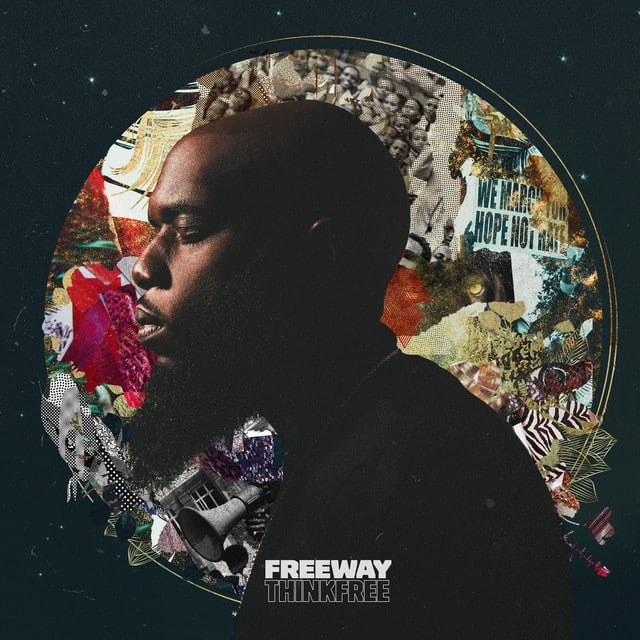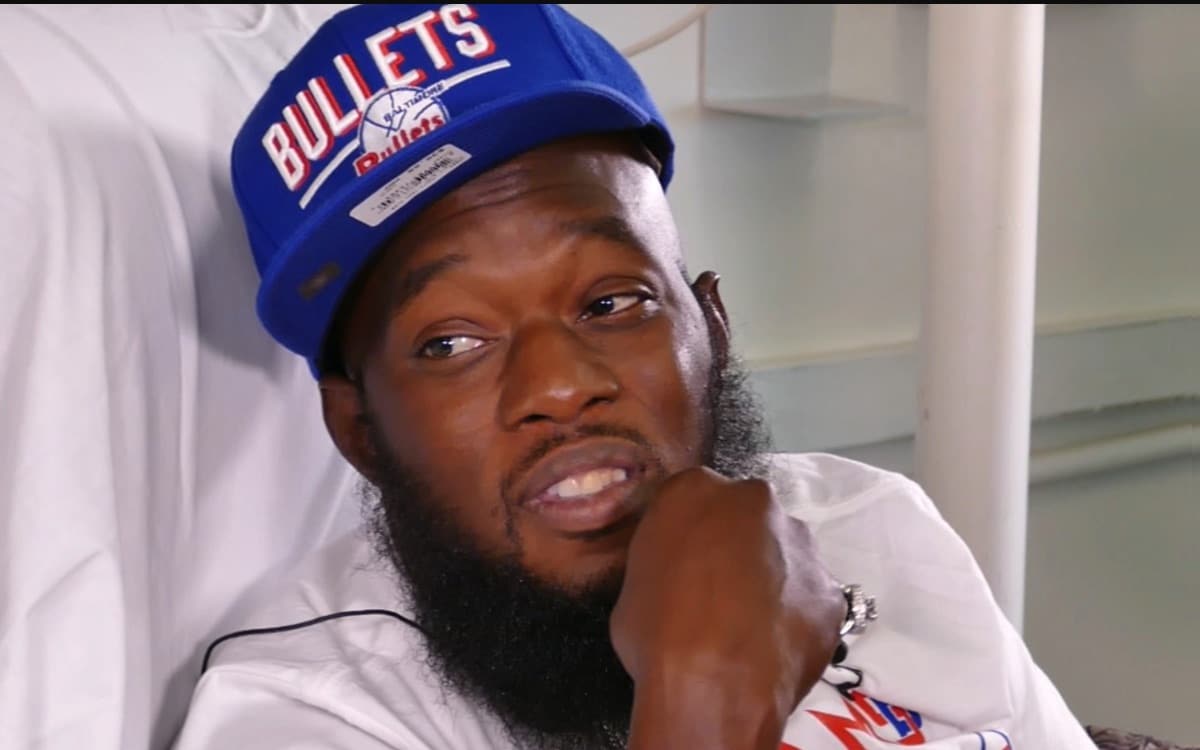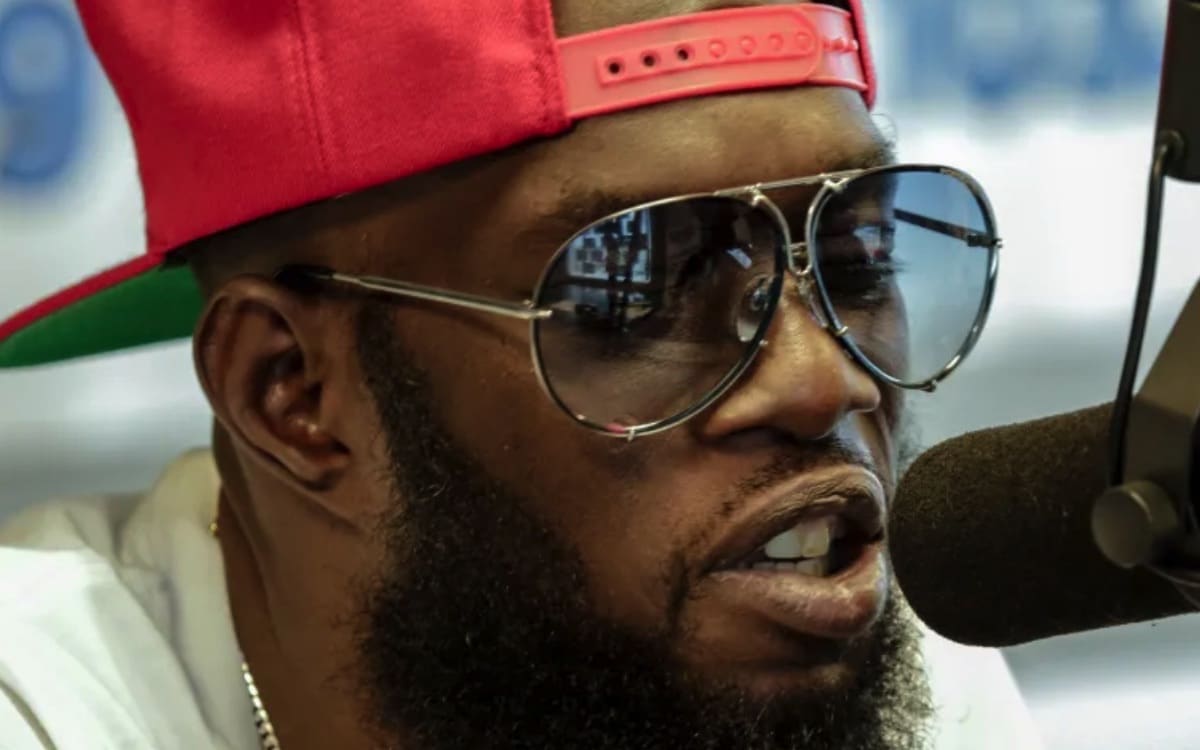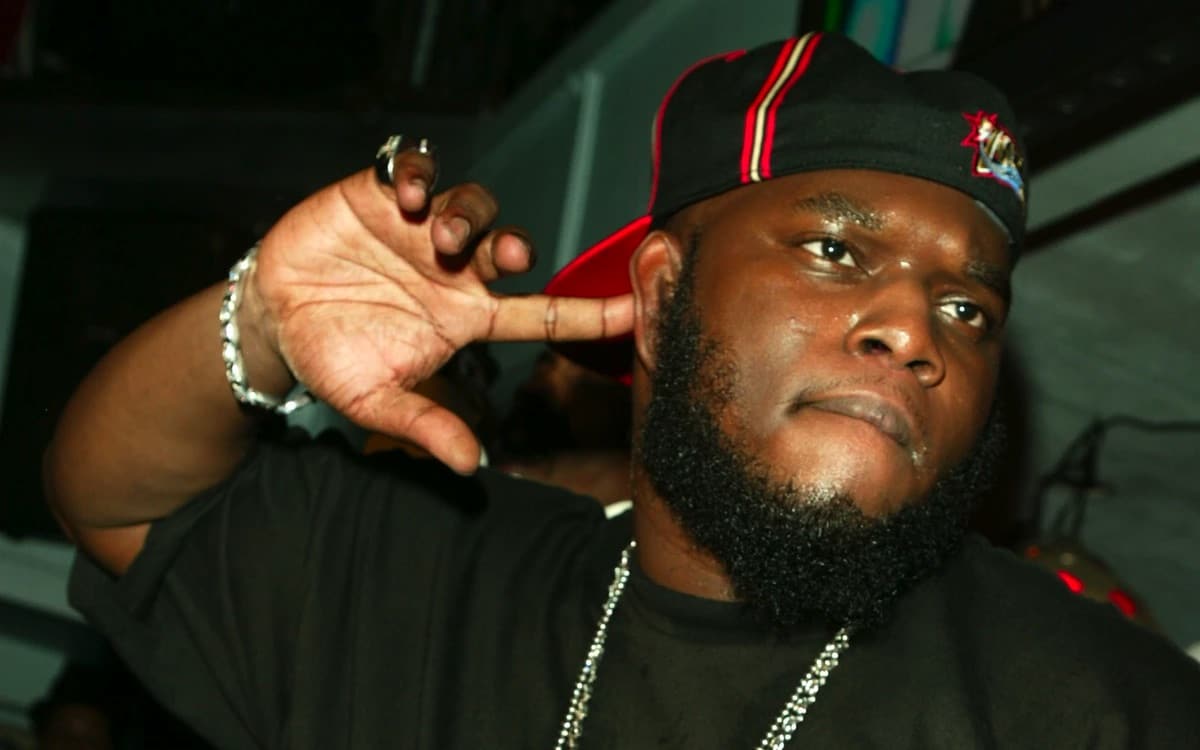Released: 2018 • Features: Lil Wayne
“Blood Pressure” by Freeway, featuring Lil Wayne, is a lyrical representation of the struggle and resilience that characterizes the artists’ lives and careers. In this track, these two titans of hip-hop drop some thought-provoking bars about their experiences of envy and animosity in the industry and how it fuels their drive to achieve greater heights.
The track opens with Freeway expressing his determination to make his mark on the hip-hop game and rise above the hate to become a legend. The thought-provoking line “Till the game over / I’ma be a rap legend in a Range Rover” speaks on Freeway’s unyielding aspiration to take control of the game, but also the material success that goes along with it. His reference to “6 and the 7” might confuse some, but in Philly slang, it’s a shout-out to his hometown’s area codes: 215, 267, and 717. “Thobes” is an Arab garment, a nod to his Islamic faith, and a signifier of his cultural identity.
When Lil Wayne takes over, his verse is pure braggadocio and pure Weezy. He talks about his origin from Hollygrove, a neighborhood known for crime and violence, which molded him into who he is today. He confirms his status in the game with the initials “Y-M-E, K-I-N-G,” which stands for Young Money Entertainment King, his record label, and his status within it. But don’t get it twisted, the talk of blood pressure could reference a few things. Being a naysayer would surely raise your blood pressure out of anger or envy, but also, in street parlance, you might need to “check your blood pressure” after a verbal or physical confrontation.

Freeway’s final verse maintains the heavy tone with more declarations of his dominance, dismissing his competitors as nothing more than wannabes and haters. He subtly hints at his hood origins and his rise to the top with lines like “Before this rap shit we pumped blocks,” bragging about his rise from street hustle to rap stardom.
The repeating refrain, “Check his blood pressure,” functions as a taunting mantra, a direct challenge to those who doubt them, suggesting that their success may be causing their haters to have health issues out of sheer frustration or jealousy. So, in essence, the song is as much a call-out to the haters as it is a testament to their resilience and longevity.






